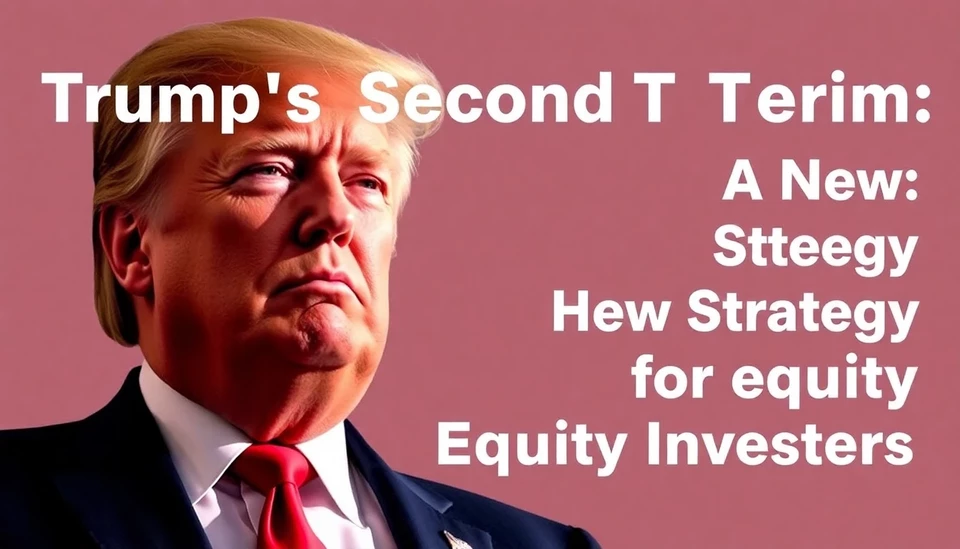
As Donald Trump prepares for a potential second term in the White House, equity investors are faced with the challenge of navigating a financial landscape that could differ significantly from the past. The dynamics of his administration could introduce volatility and reshape the investment landscape in ways that divest from traditional strategies and require new approaches.
Financial experts argue that Trump's policies, which previously included significant tax reductions and deregulation, could return, but the current economic climate and political tensions mean investors must be more tactical. Unlike the first term, where pro-business sentiment was clear, the forthcoming administration may wrestle with a Congress that could either support or oppose his agendas.
One of the primary considerations for investors is the likelihood of ongoing trade tensions and their potential ramifications on both domestic and global markets. Trump's previous trade policies, particularly those involving China, could reemerge more aggressively, leading to market uncertainties that investors should brace for. This backdrop necessitates a versatile investment strategy that anticipates rapid shifts in responsiveness to trade negotiations and international relations.
Moreover, as election complexities loom and potential challengers to Trump's philosophies emerge in the political sphere, investors will need to develop foresight in assessing which sectors might benefit or suffer as public policies evolve. Early indications suggest that industries heavily reliant on government support or regulatory frameworks could see significant fluctuations, demanding preemptive positioning by investors.
Sector-specific betting could also play a pivotal role in this new strategy. Investors might explore opportunities in defensive sectors—such as utilities, healthcare, and consumer staples—known for their resilience during economic downturns, while being cautious with cyclical stocks that may be more susceptible to policy changes.
The potential for Trump’s administration to adopt a more populist tone also introduces varied risks. Investors should consider not just traditional metrics but also social factors and public sentiment, as consumer behavior could pivot dramatically in response to political shifts. Therefore, a comprehensive understanding of market psychology will be paramount for success in equities during this uncertain period.
As stakeholders prepare for what could be an unpredictable four years, the mantra of flexibility and adaptability in investment strategies will take center stage. Engaging with political analysts and financial advisors to grasp the nuances of Trump's potential policies can provide a strategic advantage, ensuring preparedness amid unpredictabilities.
In summary, the approach that equity investors adopted during Trump’s initial term may no longer suffice. A deeper analysis into the prospective implications of his second presidential term, coupled with a flexible investment mindset, will be crucial for navigating the forthcoming economic terrain.
#Trump2025 #EquityInvestors #InvestmentStrategy #MarketTrends #PoliticalRisk
Author: Daniel Foster


